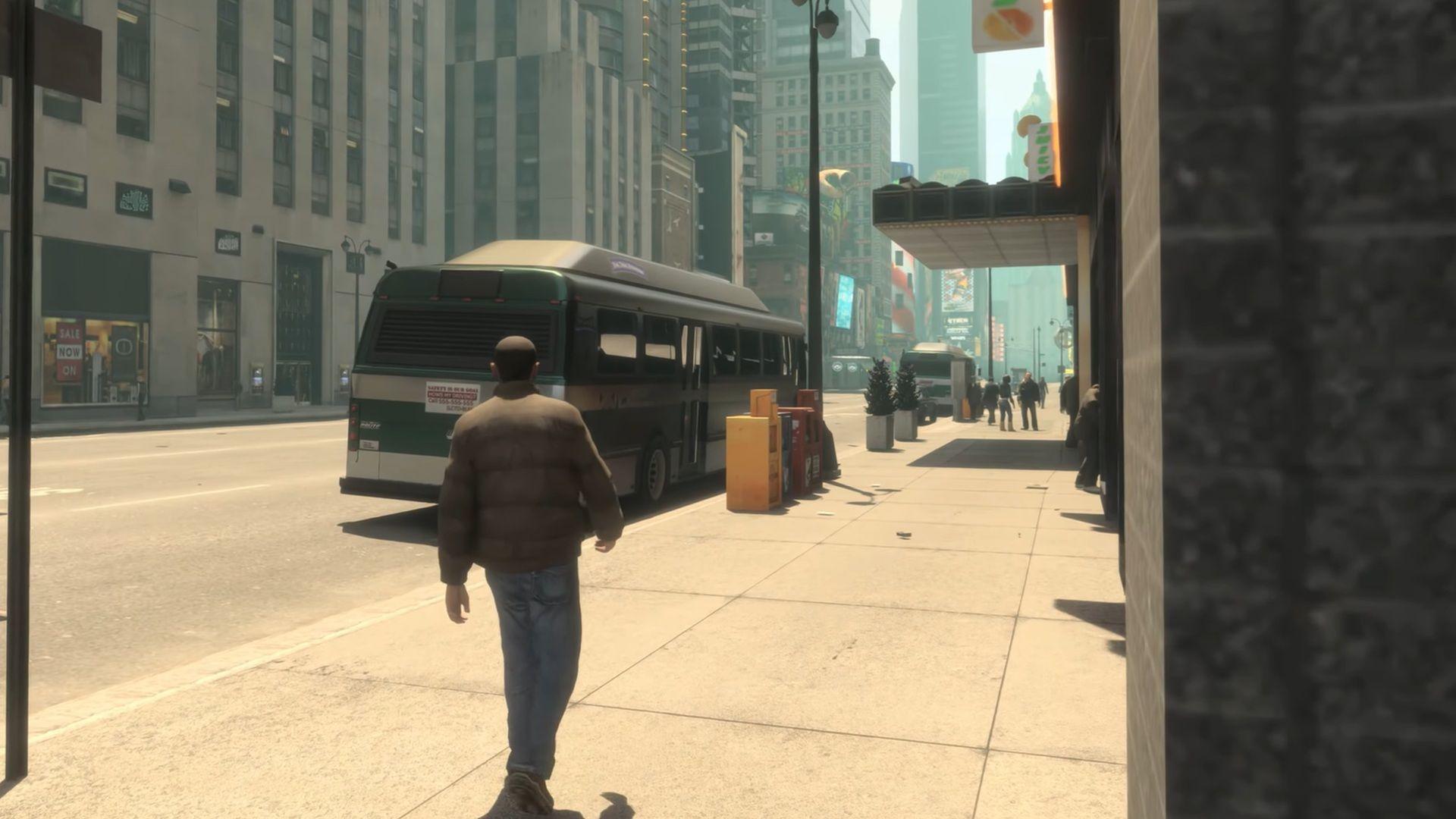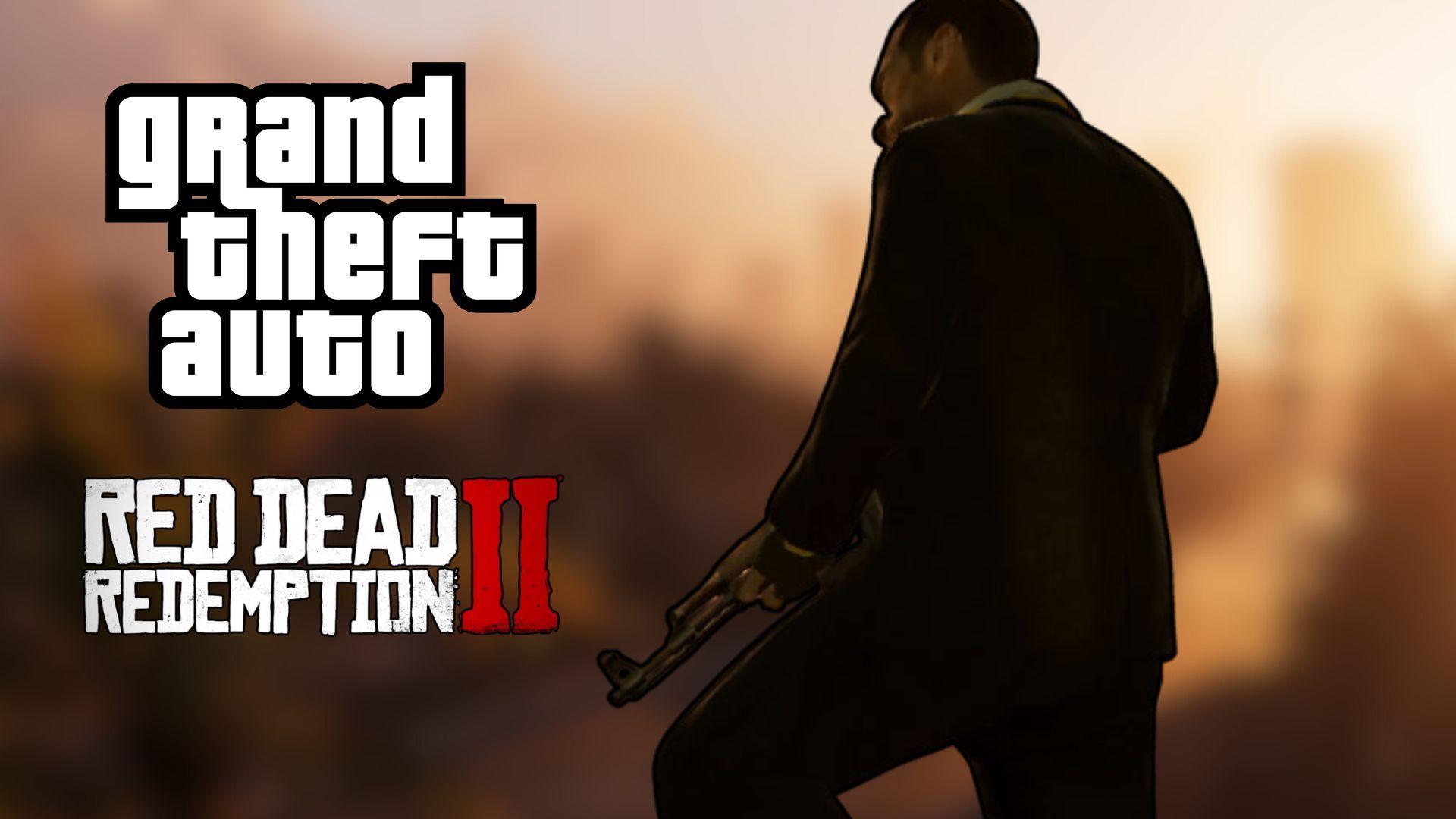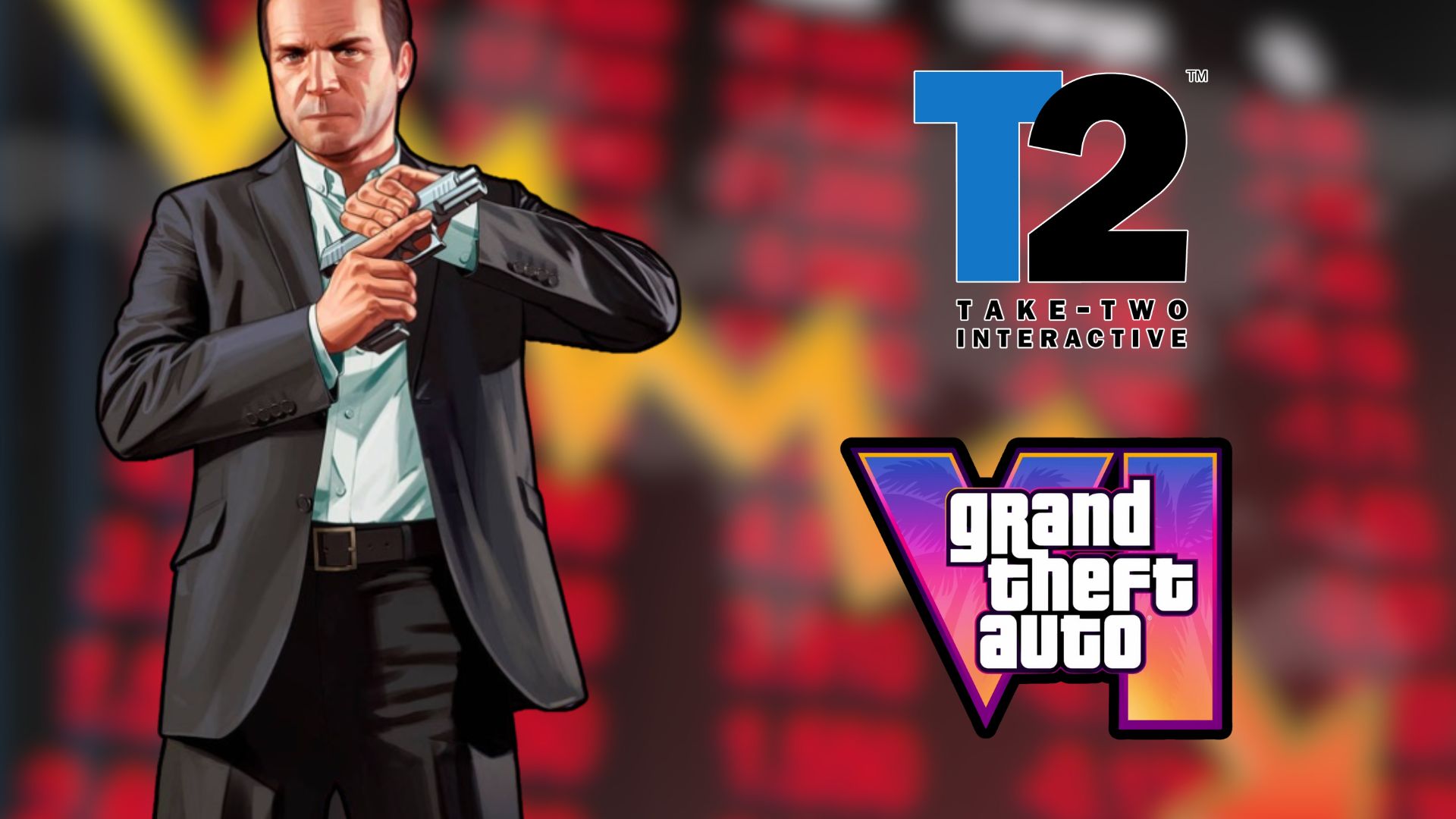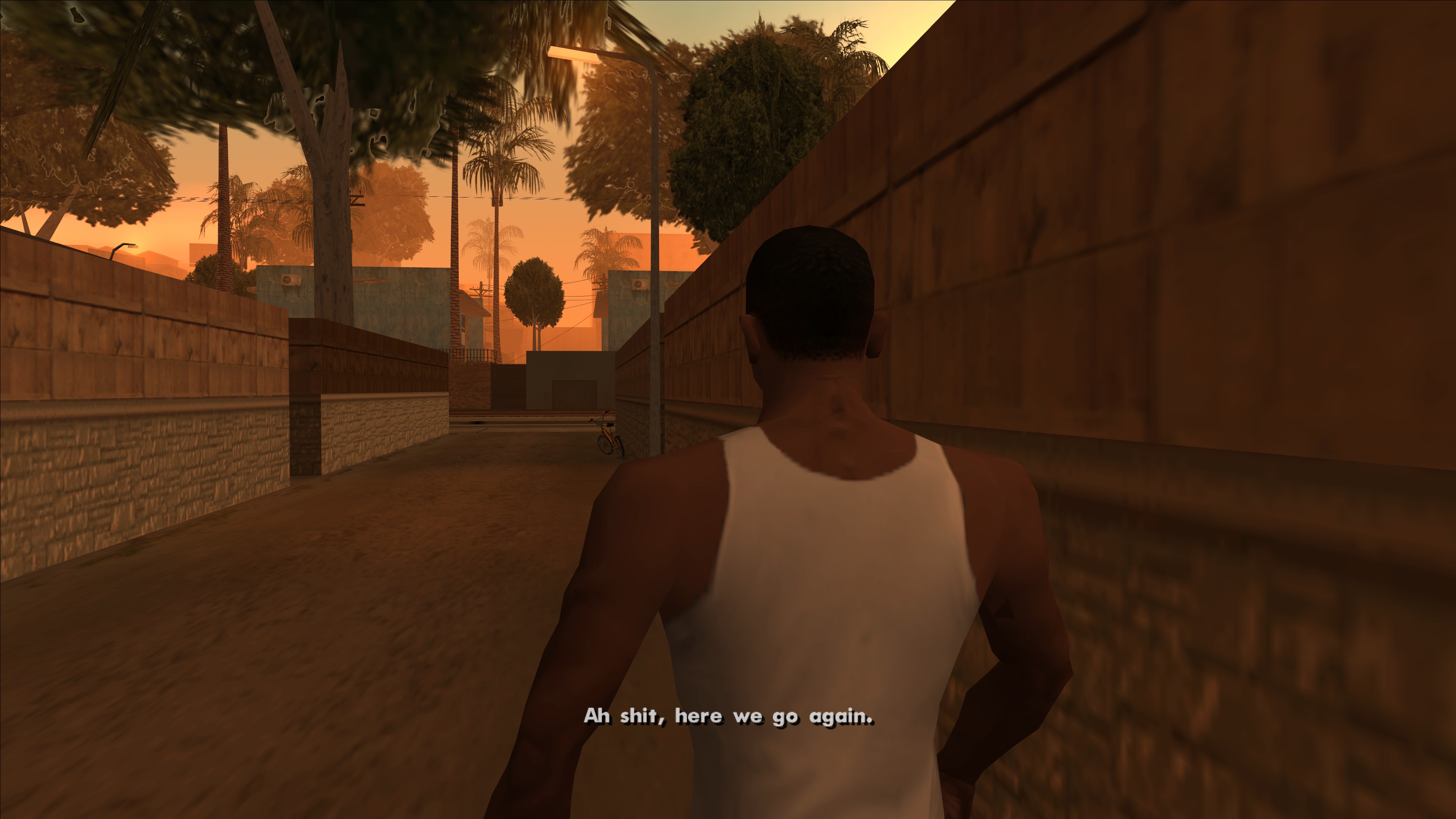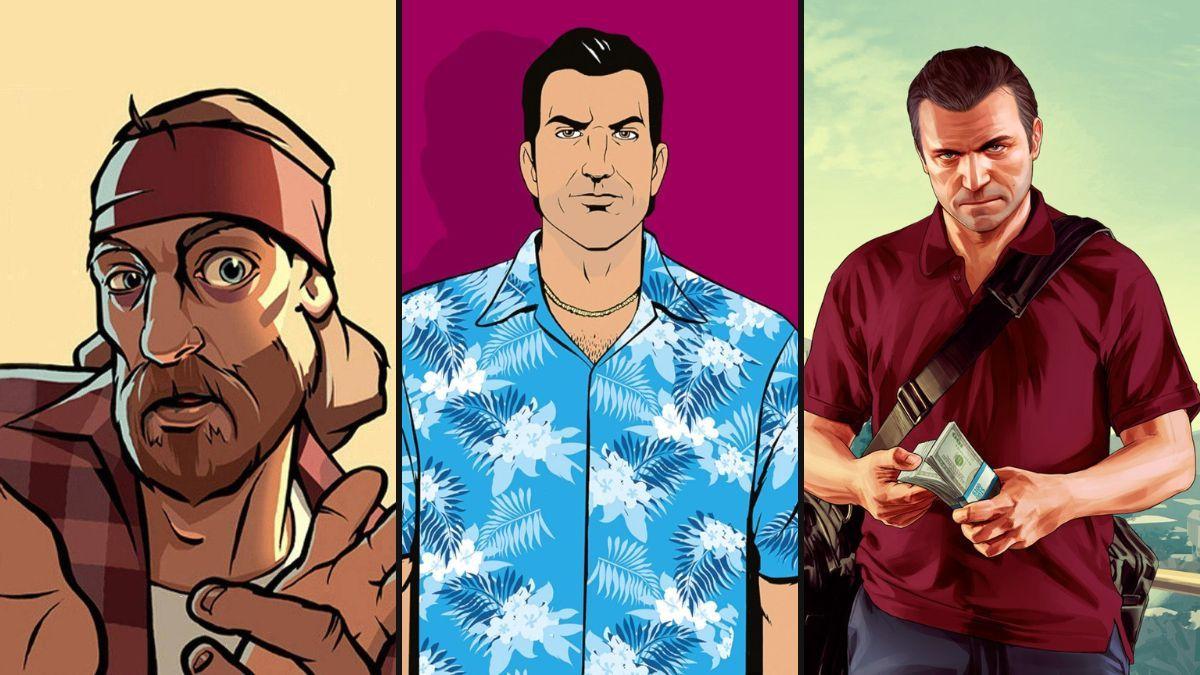Grand Theft Auto IV was supposed to be different, and it was - just not in the way most players expected when they booted it up in 2008.
The series had built its reputation on cartoonish mayhem and satirical excess. Vice City gave us neon-soaked 80s nostalgia. San Andreas was a sprawling playground of absurdity. GTA IV stripped all that away and replaced it with something uncomfortable: sincerity.
Its protagonist was Niko Bellic, a Serbian war veteran arriving in Liberty City to chase the American Dream his cousin Roman had been selling him. Except Roman was lying.
In his interview with Lex Fridman, writer and creative director Dan Houser described the years leading up to GTA IV as some of the most uncertain of his career. Living in New York at the time, he said, "I wasn’t sure if I was happy. I was single and miserable. I wasn’t sure I wanted to stay in America."
That restlessness bled into the game. Liberty City was claustrophobic, alive, and deeply lonely. Houser spent months wandering the real city, meeting cops and locals, and absorbing its contradictions. The result was a replica of New York that felt eerily authentic. A city equal parts comedy, corruption, and melancholy.
Houser described GTA IV as an attempt to "capture an immigrant experience," one seen through the eyes of someone both enchanted and alienated by America. "I think it was really easy, much more easy, to identify with your avatar when they, like you, were a fish out of water."
Niko arrives in Liberty City chasing stories of success spun by his cousin Roman, a delusional optimist running a failing taxi business. The American Dream, for Niko, is already second-hand, filtered through someone else’s exaggerations. What he finds instead is exploitation, crime, and a system where morality is a luxury.
"My life was in a lot of flux," Houser admitted. "I think that kind of bled into it." The writing process mirrored that uncertainty with months of notes, self-doubt, and a final weekend locked in a cabin upstate, where he hammered it all into a thirty-page story draft. Out of that exhaustion came Niko Bellic.



